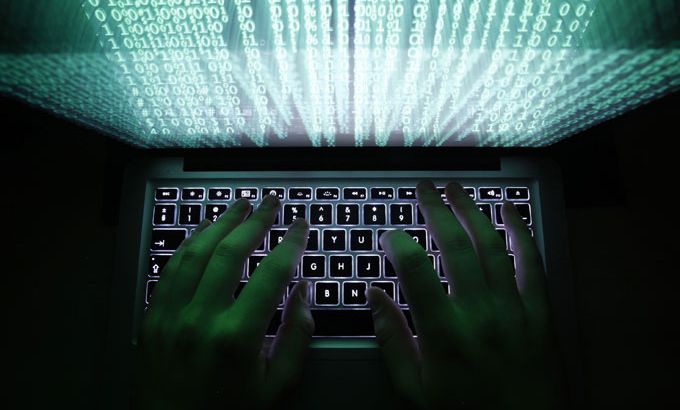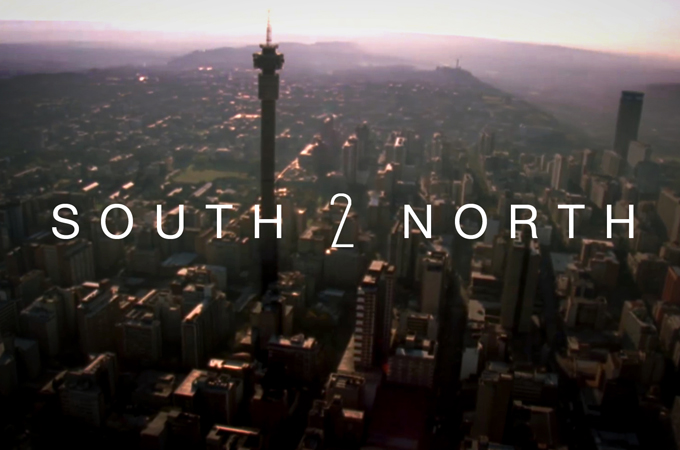
The dark world of cybercrime
What is the impact of cyber attacks on governments, business and people around the world?
| No subject is off limits in the first ever global talk show hosted from Africa in which Redi Tlhabi talks frankly to inspiring and intriguing personalities from across the world. |
Edward Snowden, a 29-year-old National Security Agency whistleblower who revealed secret US government surveillance programmes, is currently waiting in Hong King, fearing arrest by the United States government.
But he is one small player in a new field that is becoming increasingly dangerous and increasingly difficult to regulate.
Keep reading
list of 4 itemsCould shipping containers be the answer to Ghana’s housing crisis?
Are Chinese electric vehicles taking over the world?
First pig kidney in a human: Is this the future of transplants?
On this episode of South2North, Redi talks to three experts about the war we do not see. It does not involve guns and bullets, but its effects can be just as dangerous to the world we live in – cyberwar.
What are the risks of cybercrime, cyberwar and cyber industrial espionage? Who are the criminals? How can you protect your business, your children and yourself? and what are the issues shaping the future of the world of cyber security?
Misha Glenny is a cybercrime expert and author of Dark Market: How Hackers Became the New Mafia. Glenny explains the difference between cyber-assisted crime and cyber crime, as well as the ability for cyber criminals to pick areas to attack depending on the strength of their cyber legislation.
“One of the hackers I met when I was researching the book Dark Market, he was a very enterprising guy … he explained to me that he simply never would scam American cards because US law enforcement agencies, the FBI and the Secret Service, have what you call an extra-territorial jurisdiction, that they arrogate the right to themselves to go after people in countries outside of the United States, and that’s written into their cyber legislation, not many countries have that,” says Glenny.
Redi then talks to Haroon Meer who runs Thinkst Applied Research think-tank. He writes about the cyber defence industry and the extent to which he thinks governments and businesses need to protect themselves.
“In truth, technology is a force multiplier, but the same thing works when it works against us. So small group of people can do incredible harm, even though they are a small group, because of the force of technology,” says Meer.
Redi asks if the global South countries are facing unique challenges when it comes to cyber security. Haroon answers: “For sure we do, I think we are just starting to realise that when you are on the internet you are milliseconds away from people who really want to hurt you.”
The third guest, Stieler van Eeden, is a reformed hacker, famous for hacking into the Johannesburg stock exchange in a bold attempt to advertise his availability for a job. He has now gone straight and is working as an information security analyst.
Glenny and van Eeden talk about the research that needs to go into the profiles of hackers and what motivates them. Glenny points out that 95 percent of hackers are male, and hone their skills between the ages of 13 and 15 before their social and moral compass has developed.
South2North can be seen each week at the following times GMT: Friday: 1930; Saturday: 1430; Sunday: 0430; Monday: 0830. |
